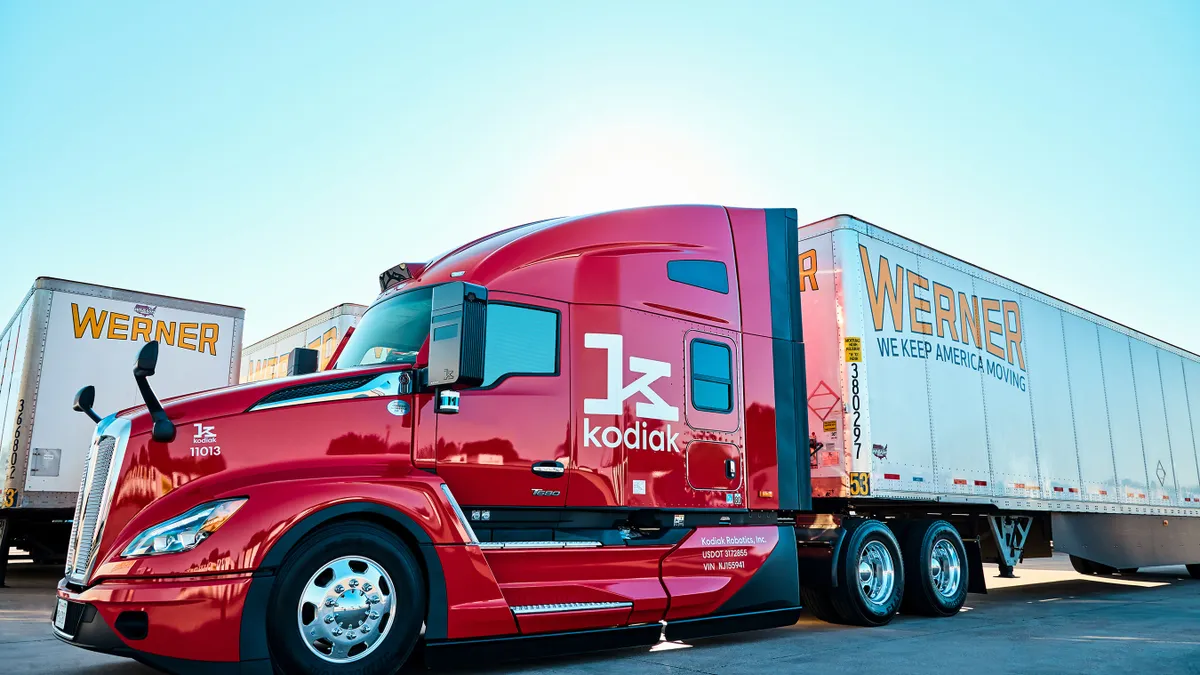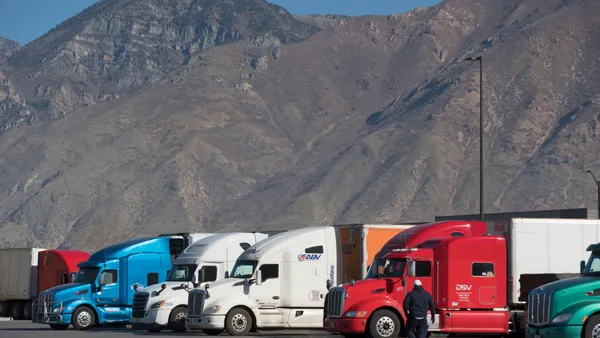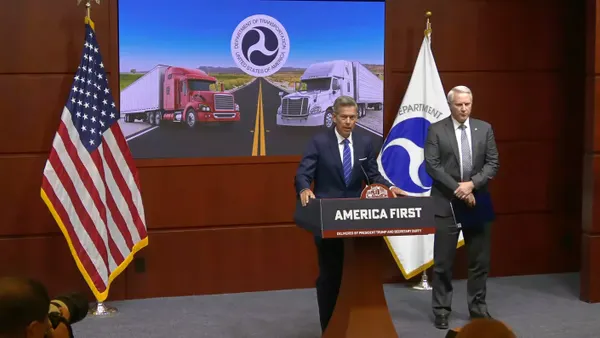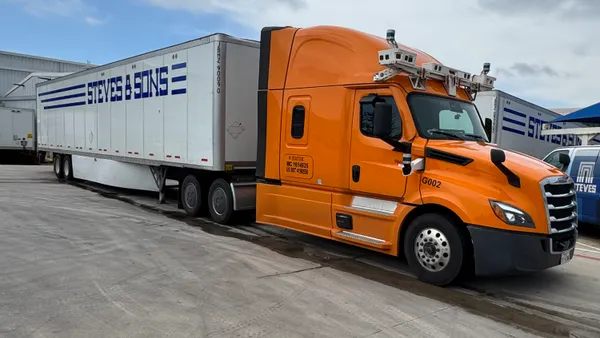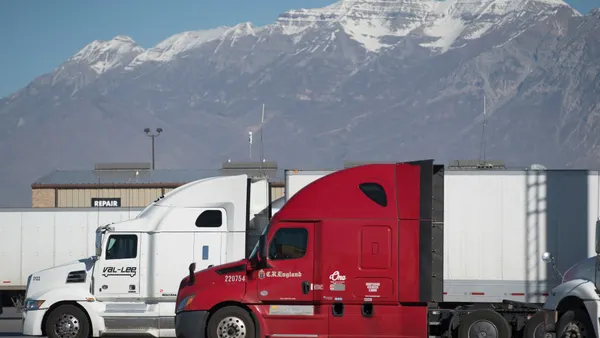Werner Enterprises is reviewing self-driving truck technologies and their possible use on the road, but potential adoption and transitions won’t be rapid, a company executive said.
Currently, a limited number of firms means less competition, and AVs might be more expensive in the initial years of the technology’s rollout, Chad Dittberner, SVP of van and expedited, said in an interview on May 2.
Even if every trucking company and truck owner decided to purchase an autonomous truck, it would take 15 years to replace every truck on the road today, he said.
“We know that light-switch moment isn't going to happen,” said Dittberner, who is also a member of Kodiak's Industry Advisory Council. “I think we will decide to eventually put some on the road, but it's going to be a very slow adoption.”
The Omaha, Nebraska-based carrier is reviewing how different self-driving technologies compare and expects to add two more AV firms later this year, doubling its existing pilot partners, Dittberner said.
Its current mix of testing involves Aurora Innovation within Texas and Kodiak Robotics from Texas to Georgia.
Werner has also connected with drivers on the issue through an innovation themed podcast, talking about a range of new technology, and reassured them they will be able to continue their careers with Werner.
“It's one of those channels that we felt could help communicate and provide some information to our professional drivers to have more insight into what we're doing as a company,” Associate VP of Marketing and Communications Jill Samuelson said.
She noted how Werner’s Innovation Series for drivers has examined different technologies, not just AV, that put the company at the forefront of new tools.
The carrier has a history with doing so, implementing ELDs in 1998, using machine learning to provide real-time feedback on driving behaviors, and launching an innovation and technology initiative in 2020 called Werner EDGE.
For AVs, Dittberner has seen the progress that tech companies have been making to ensure their trucks are safe, personally riding along on the self-driving trucks in recent months.
“The ultimate goal is a truck that's never involved in an accident, which is the same goal we have with our drivers today,” he said.
Multiple firms have anticipated operating the autonomous trucks without people onboard starting this year in Texas to demonstrate self-driving trucks can safely operate on public roads.
But autonomous-ready trucks available for purchase might not become a reality until around 2027, Dittberner said.
“A truck up and running and accomplishing mile after mile safely is what we really want to understand today,” he said. That echoed remarks from a December podcast to drivers in which he said, “Like any other technology, we have to start to understand it.”



